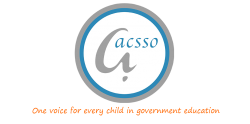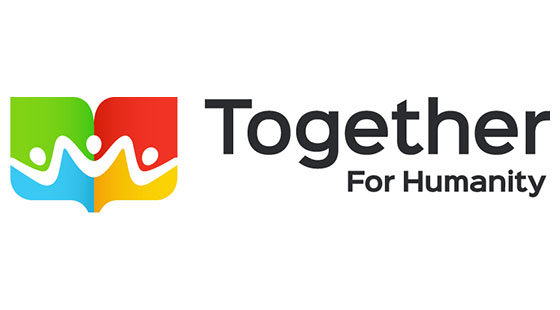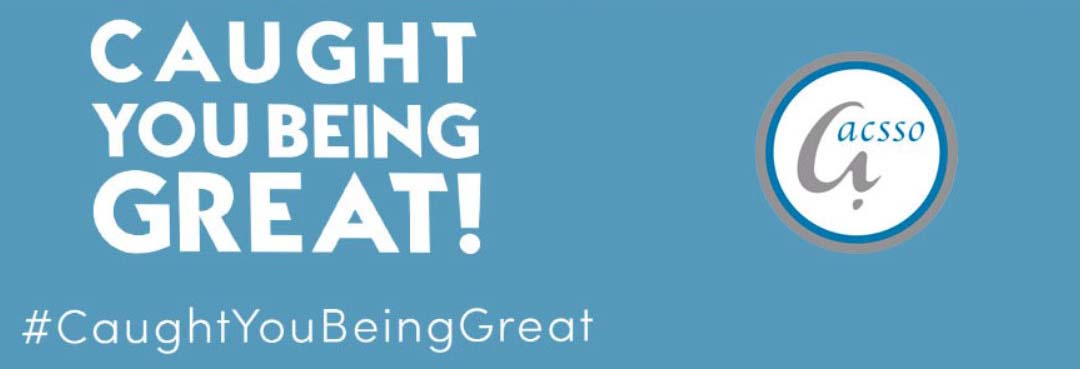
ACSSO Pre-Budget submission to the Department of Treasury on Priorities for the 2023-24 Budget
February 2023
The Australian Council of State School Organisations (ACSSO) made a submission to the Budget in response to the Productivity Commission's report on the results of the National School Reform Agreement. The report showed massive discrepancies in the school system and little overall development, and the negotiating period for the agreements has been prolonged by 12 months. Families are most equipped to help their children achieve well in school when schools welcome families as they are and make frequent efforts to know, listen to, and learn from parents. ACSSO believes that creating a collaborative connection with the school and families at the local, regional, state, and federal levels is the most successful way of lobbying. This Budget will not solve all of our problems, but it will take important steps towards achievement.
ACSSO requests that the government ensure that all children and adolescents in Australia have access to mental health prevention and early intervention, commit to and fund a minimum of one school-based psychologist per 500 students, develop a set of national standards for school-based psychological services, and remove the prerequisite that all school counsellors have a teaching degree and have taught for two years. The Family Engagement Circle is a professional development tool and workshop that may be used by schools and educators to strengthen family engagement practises. Research suggests that regularly involving families in educational and community development activities improves outcomes for individuals and their families, enhances family relationships, and contributes to overall family well-being. The Family Engagement Circle, which ACSSO established in 2017, is a continuous endeavour that requires a paradigm change from seeing families as part of the issue to collaborators in developing solutions. To address student wellbeing, ACSSO calls on the federal government to fund a policy development process that integrates well-being as a school issue, introduce less stressful forms of assessment, work with parents to enhance students' achievement and sense of purpose, and provide government schools with the technological capacity to engage students who are vulnerable or experience disadvantage.
ACSSO also examined the effect of remote learning on economically disadvantaged and vulnerable students in surveys conducted during and after the first COVID-19 phase. ACSSO urges the federal government to fund a full digital equity audit in government schools, significant additional investment in ICT equipment and internet access for vulnerable and disadvantaged students, and to assist all students in obtaining a device. In 2010, ACSSO collaborated on a DEEWR-funded initiative called Discuss, Display, Do, which connected skills developed by "parents" via voluntary activities at school with recognised certificates or modules inside certificates and diplomas. This initiative was a huge success, with participants earning Diploma level accreditation and many returning to further study or entering the workforce. ACSSO believes there is a need to revisit this initiative with some changes as part of capacity development and to recognise and celebrate the work of families who support schools beyond their child's involvement.
Newsletter
Projects
- Family Engagement
- Family engagement in school
- Family engagement reflection and planning tools
- 2020 Conferences
- Parents understanding asian languages
- Families supporting learning at home
- ACSSO Webinar Series
- Family School Community Partnerships Bureau
- Submissions
- Family support networks
- ACSSO-APC NTPS AITSL Pilot Project 2011
- Our relationships
- Family engagement in school videos
- Online safety
- Representation
- Ford: Driver education
- Australian Curriculum Review Resource Kit for Parents
- Family engagement website links
- Conferences
- Archive Submissions
- Forums
- Projects
- Research
- Advocacy
- Family Engagement in Schools: Enabling and Energising
president@acsso.org.au
ceo@acsso.org.au
PO BOX 8221,
Werrington County,
NSW, Australia, 2747
0497 042 026 (Monday, Tuesday & Thursday)
0418 470 604 (Monday through to Friday)








